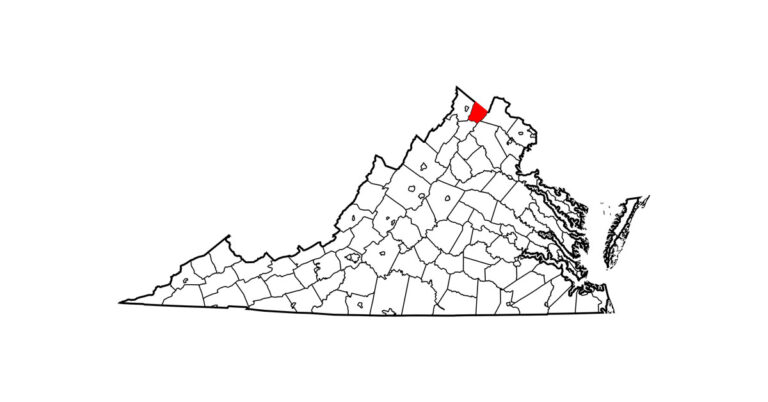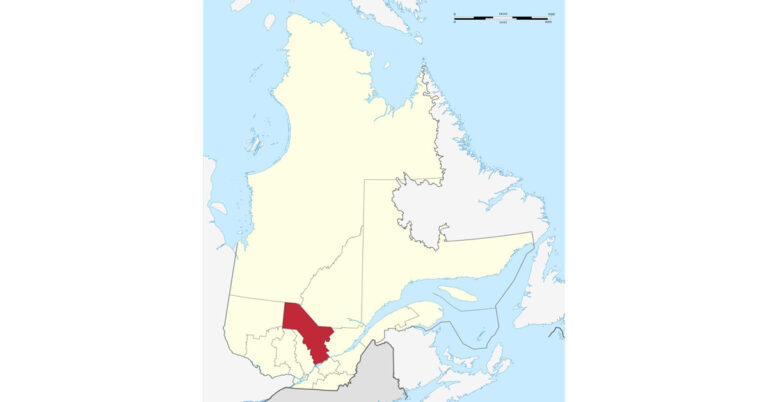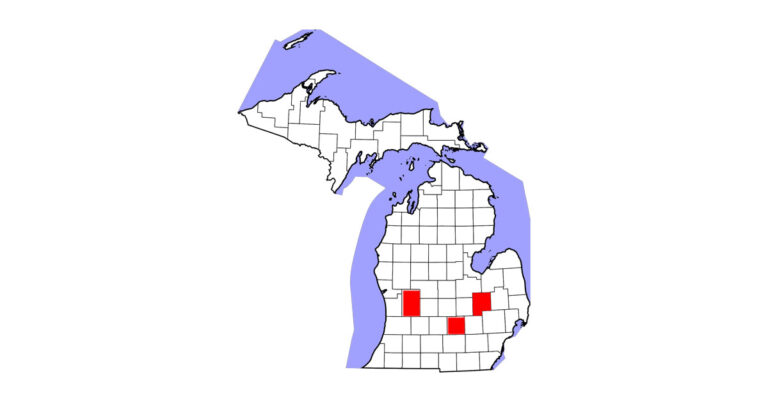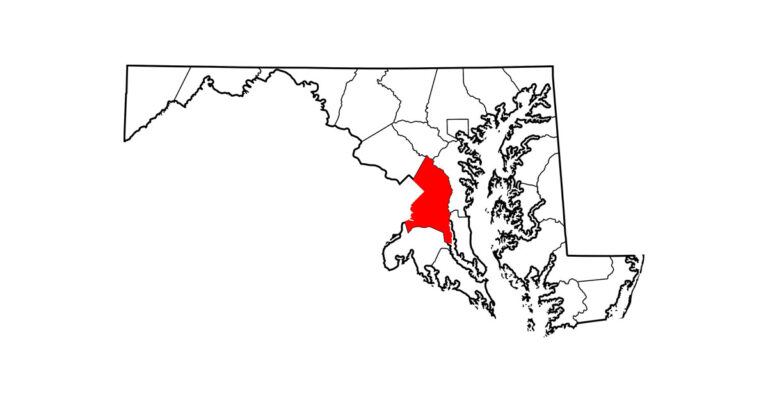
The New York State Department of Agriculture and Markets reported that, effective May 25, 2022, the equine herpesvirus-1 (EHV-1) quarantine has been released for Barns 19 and 21 at Vernon Downs Racetrack, in Vernon, New York.
Two horses in race training with the same trainer tested positive for EHV-1 earlier this month. The first gelding died, and a necropsy at Cornell University confirmed his diagnoses. The second, a filly, presented with neurologic signs and was euthanized, with diagnosis also confirmed at Cornell. Another gelding was brought to Cornell for observation and diagnostics but tested negative, returned to Vernon Downs, and hasn’t shown any EHV-1 symptoms since returning to the track. Thirteen horses were exposed, and after a 21-day quarantine with no additional cases, the horses are permitted to begin racing again.
Two horses in race training with the same trainer tested positive for EHV-1 earlier this month. The first gelding died, and a necropsy at Cornell University confirmed his diagnoses. The second, a filly, presented with neurologic signs and was euthanized, with diagnosis also confirmed at Cornell. Another gelding was brought to Cornell for observation and diagnostics but tested negative, returned to Vernon Downs, and hasn’t shown any EHV-1 symptoms since returning to the track. Thirteen horses were exposed, and after a 21-day quarantine with no additional cases, the horses are permitted to begin racing again.
EDCC Health Watch is an Equine Network marketing program that utilizes information from the Equine Disease Communication Center (EDCC) to create and disseminate verified equine disease reports. The EDCC is an independent nonprofit organization that is supported by industry donations in order to provide open access to infectious disease information.
EHV 101
Herpesvirus is highly contagious among horses and can cause a variety of ailments in equids, including rhinopneumonitis (a respiratory disease usually found in young horses), abortion in broodmares, and EHM.
VIDEO | Health Alert: Equine Herpesvirus
In many horses, the first or only sign of EHV-1 infection is fever, which can go undetected. In addition to fever, other common signs of EHV-1 infection in young horses include cough, decreased appetite, depression, and a nasal discharge. Pregnant mares typically show no signs of infection before they abort, and abortions usually occur late in gestation (around eight months) but can be earlier. Abortions can occur anywhere from two weeks to several months following infection with EHV-1.
Horses with EHM usually have a fever at the onset of the disease and might show signs of a respiratory infection. A few days later, neurologic signs such as ataxia (incoordination), weakness or paralysis of the fore- and hind limbs, urine retention and dribbling, loss of tail tone, and recumbency (inability to rise) develop.
Herpesvirus is easily spread by nose-to-nose or close contact with an infectious horse; sharing contaminated equipment including bits, buckets, and towels; or clothing, hands, or equipment of people who have recently had contact with an infectious horse. Routine biosecurity measures, including hygiene and basic cleaning and disinfection practices, should be in place at all times to help prevent disease spread.
Current EHV-1 vaccines might reduce viral shedding but are not protective against the neurologic form of the disease. Implementing routine biosecurity practices is the best way to minimize viral spread, and the best method of disease control is disease prevention.








